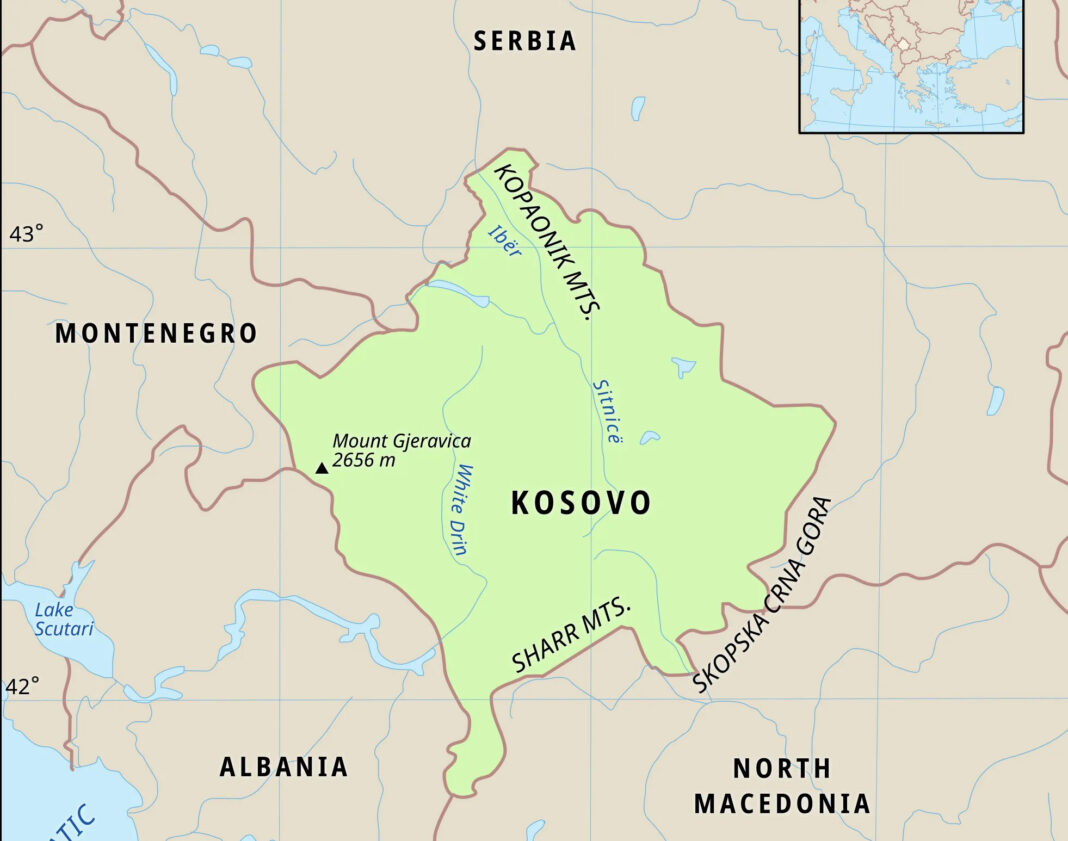The ICJ’s favorable Advisory Opinion on Kosovo’s declaration of independence did not buttress Kosovo’s aspirations for wider international recognition and entrance into the UN because the ICJ’s Advisory Opinion could not shift the political priorities of influential states that do not
recognize Kosovo.
Considering the aftermath of the ICJ’s Advisory Opinion, the consequences of the Dayton Peace Agreement (DPA) in Bosnia and Herzegovina (BiH), and the stalemate in the implementation of the 2013 Kosovo-Serbia Brussels Agreement, this analysis evaluates the current political crisis in Kosovo and BiH and advances the following arguments. Firstly, although the ICJ explicitly rejected any resemblance between Kosovo’s independence and the potential independence of the Republika Srpska (RS) entity in BiH, the RS became a bargaining chip for Serbia.
Secondly, implementing the Brussels Agreement and creating the Community of Serb Municipalities (CSM) will not improve Kosovo’s full international recognition and inclusion in international organizations. Finally, given the experience of the constitutional recognition of the RS entity in the DPA, the potential establishment of CSM in Kosovo will further limit Kosovo’s
institutional functioning. In effect, the CSM would be an additional limitation of Kosovo’s sovereignty because the CSM cannot improve Kosovo’s recognition by other states, but it can limit its internal governance, ultimately protracting the conflict in Kosovo.
You can read the policy paper at this link.








